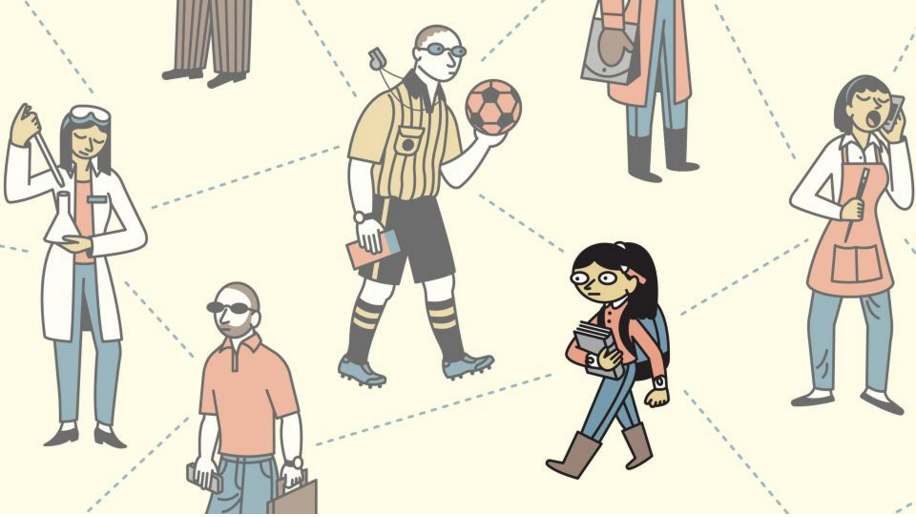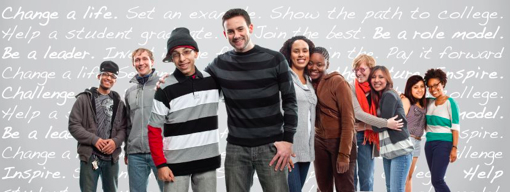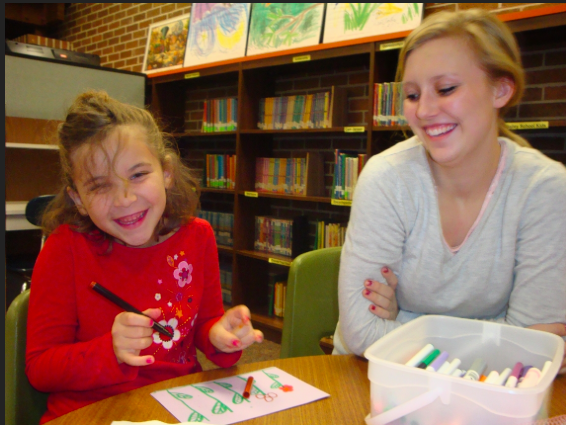Part 2: A Novel Program Provides a Network of Support for At-Risk Youth
How a Tapestry of Care Helps Teens Succeed By David Bornstein In the second installment of a two-part series on Thread, the Baltimore-based social support program, author David Bornstein revisits the organization and examines the structural aspects of its programmatic success. From the author’s description of Thread’s programming, “The organization works with public high school […]











